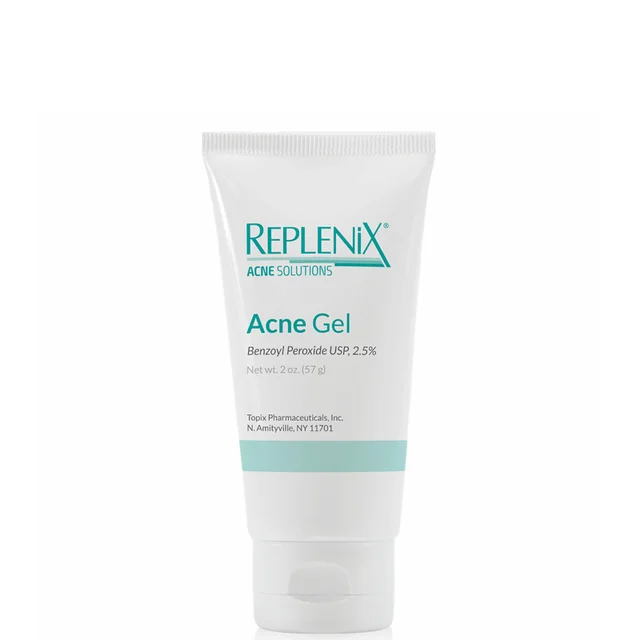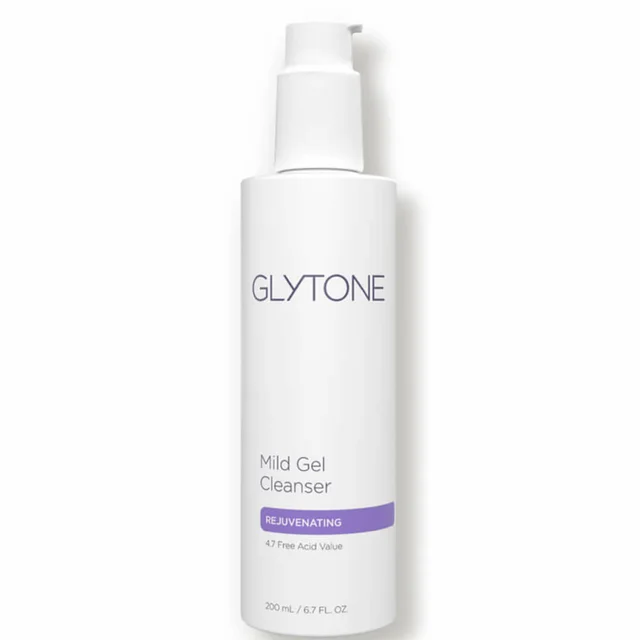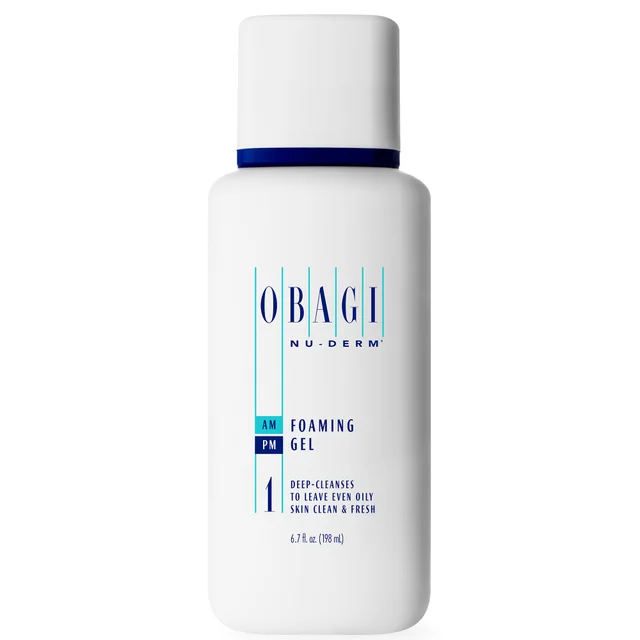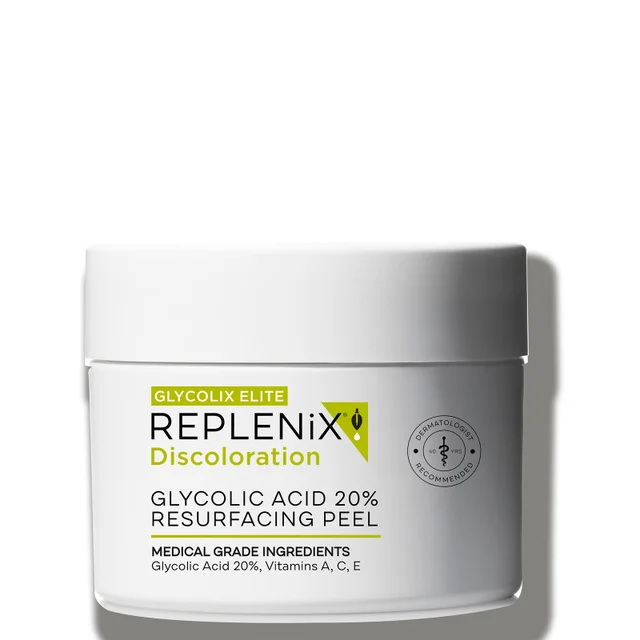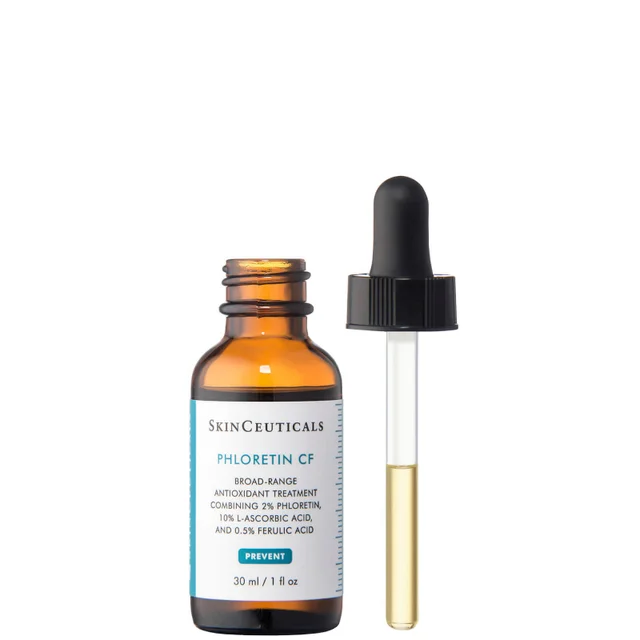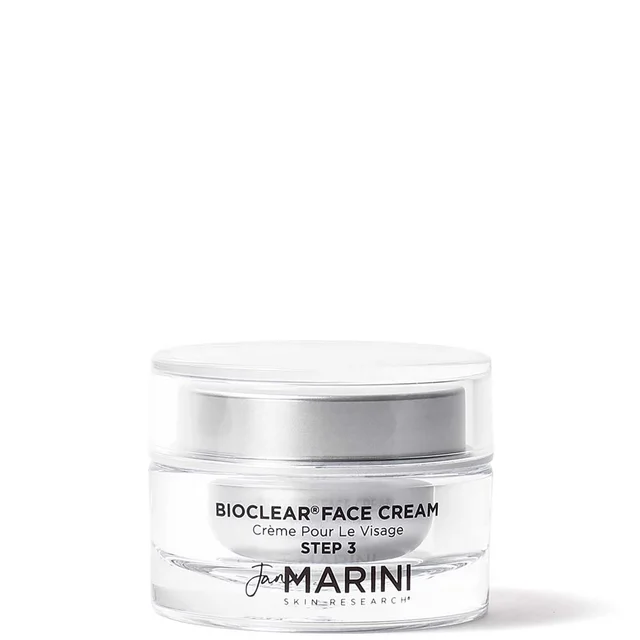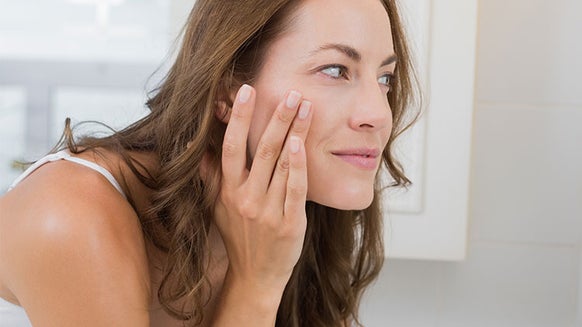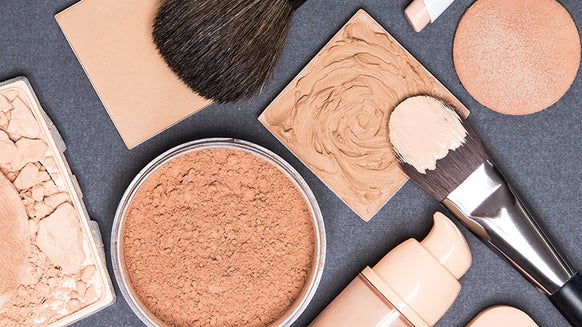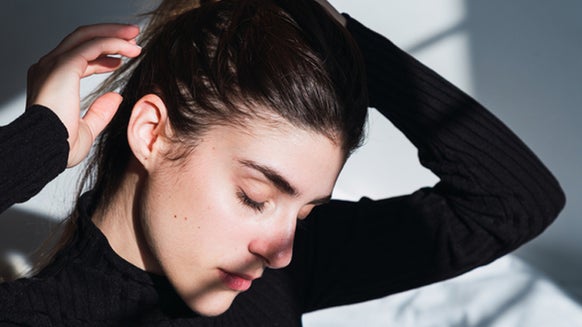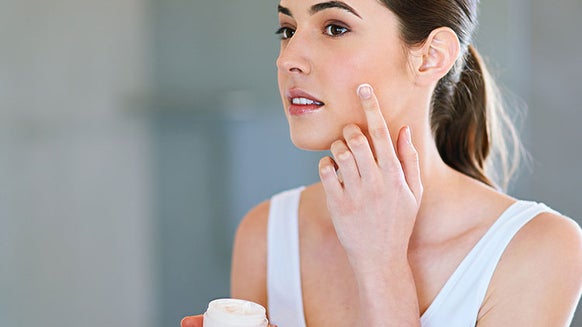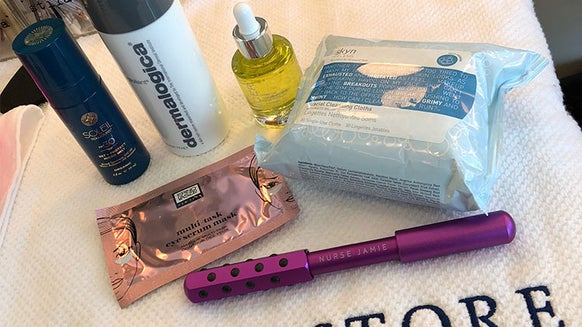Raise your hand if you’ve ever felt personally victimized by your hormones.
Keep your hand raised if you’ve felt that wrath in the form of a breakout.When our hormones are in perfect balance, our bodies work great. We grow and develop normally, feel energized and experience fewer mood swings. But, one little imbalance can throw everything off. And nothing is more evident that something is off balance than an acne breakout. To help us better understand how hormones relate to acne, we turned to board-certified dermatologist Dr. Ashley Magovern, who explains the acne and birth control connection.
Most acne breakouts in women are hormone related.
If you’ve been pointing the finger at hormones for your acne, you’re probably putting the blame in the right place. According to Dr. Magovern, “Most acne in women has a ‘hormonal’ component, as even the ‘normal’ hormones can cause oil production and contribute to acne.” And, unfortunately, hormonal issues don’t discriminate based on age. “When teenagers start to produce oil, we see them start to break out,” she says. And adult women “tend to break out more around their menstrual cycle as the surge of hormones just before the cycle causes oil production.” Note: Not all breakouts are caused entirely by hormones. Discover some of the other causes (many of which you can easily control).
Some hormonal birth control pills can help control or manage acne.
“Birth control pills, especially the drospirenone-containing ones like Yaz, can really help acne sufferers,” says Dr. Magovern, who frequently recommends them in her practice. Dr. Rebecca Booth, board-certified obstetrician and gynecologist, notes that estrogen-based birth control pills can help regulate hormones and prevent acne breakouts as well.
Both types of pills work by “keeping your hormone levels steady and preventing the cyclical hormone surges that can contribute to oil production,” says Dr. Magovern. More than 30 trials, conducted on more than 12,000 women support the notion that birth control can be an effective treatment for acne. In fact, when compared to antibiotics—another popular treatment for acne—birth control pills are shown to be a better long-term solution for acne management.
On the other hand, some birth control methods can actually cause acne breakouts.
Wait—the same thing that’s supposed to help with acne can actually make things worse? Maybe. However, it depends largely on the type of hormones in the pill, how your body adjusts to the new regimen and lifestyle/environmental factors. Dr. Magovern says, “Birth control can contribute to or cause acne.” More specifically, she explains, “the ones that contain progesterone, like Depo Provera or the Mirena IUD, can cause acne.” Even in women who’ve generally experienced clear skin, some types of birth control can elicit a breakout.Every woman’s body can react differently to different types and amounts of hormones, which is why it might take a couple of tries and communication with your doctor to find the right balance for you. Using birth control to manage acne is not for everyone.
Though it can be very effective for many women, your doctor may not recommend using birth control to manage your acne. For starters, your doctor will want to take into consideration the severity of your breakouts and determine what could be causing them. However, you’ll also want to take into consideration your overall health and your family history. “Patients who have migraines, high blood pressure and those with a strong family of history of breast cancer or clotting disorders need to be careful,” says Dr. Magovern. “It’s best to speak with your physician about these types of concerns.”The key to preventing breakouts is maintenance.
You know how you’re supposed to finish taking the pack of antibiotics even after you start feeling better? It’s because the antibiotics are treating the cause—not just the symptoms. This same concept applies to breakouts. Dr. Magovern explains: “The trick is to prevent the breakouts by treating your skin even on the clear days with a good daily regimen that will keep your pores ‘clear’ so that the oil won’t cause a blockage.” If you’re struggling with breakouts, be sure to cleanse your face every day. Then, add in an acne-fighting cream, gel or serum. Dr. Magovern says, “Benzoyl peroxide and antibiotic-containing creams and gels work well, but the retinoid-containing products really help maintain clear skin on a long-term level.” We Recommend: 
